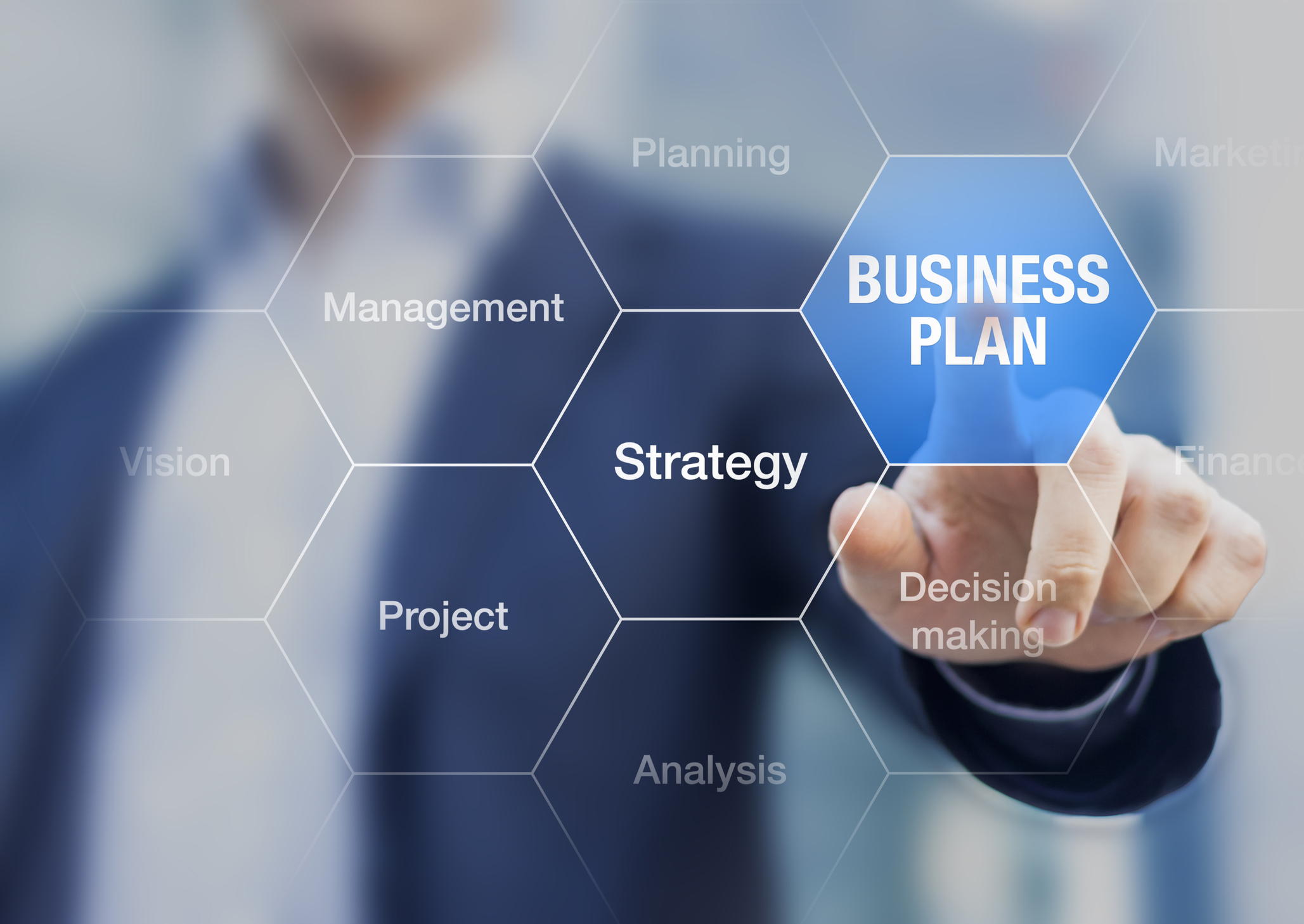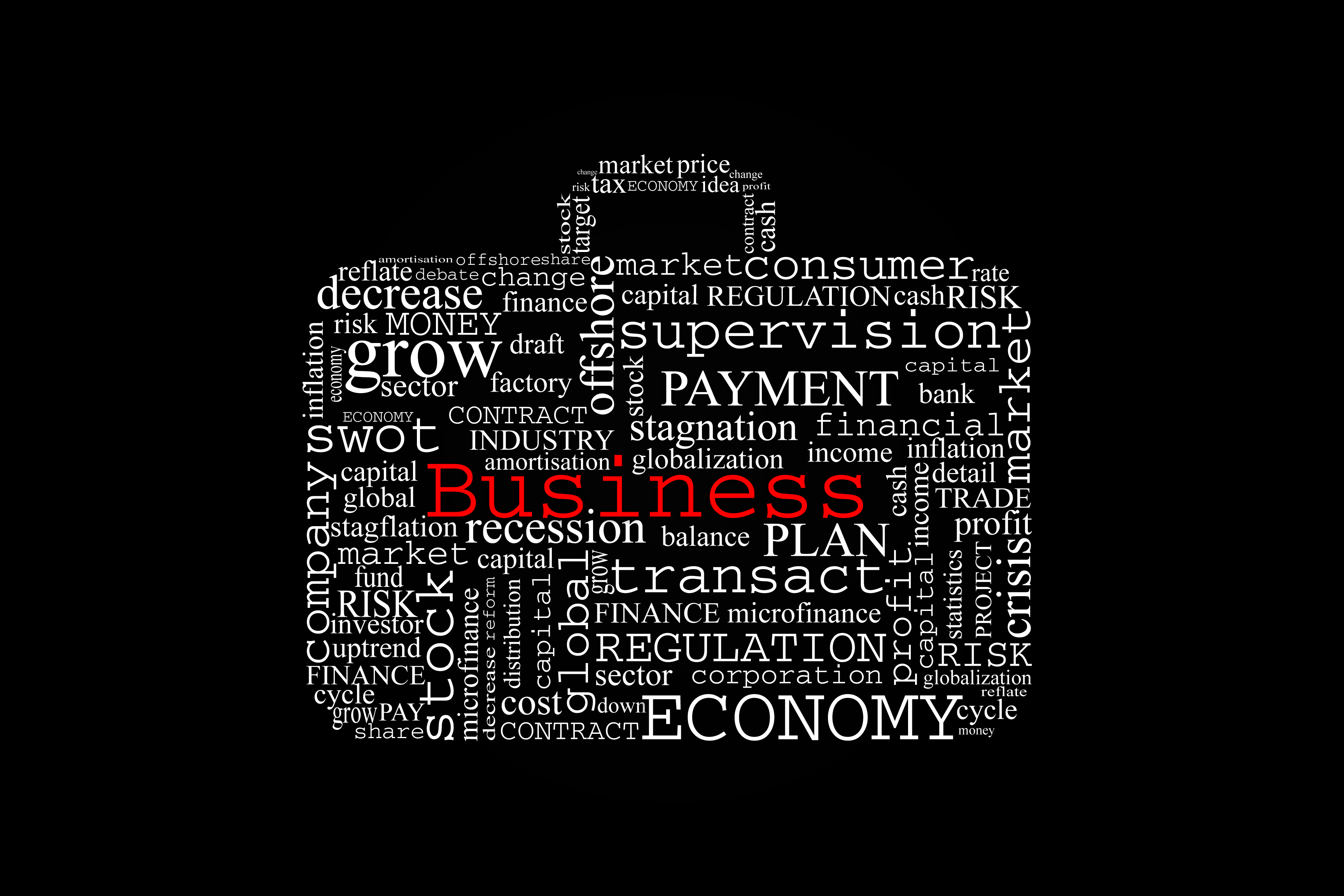The Entrepreneur’s Journey
Entrepreneurship is a life project calling for commitment, rigour and preparation. An entrepreneurial journey is not necessarily linear, but is always unique. The Casablanca-Settat RIC discloses this journey's key phases for you.
Evaluating your Business Idea
Any project usually starts with an idea that could be the fruit of experience, knowhow, opportunity or only a fortunate turn of events.

Weighing your idea enables not only to check your motivation and skills for the intended activity, but also to make sure that the targeted market offers a real potential.
It is in fact a preliminary phase which enables you to identify your strong and weak points and have an a priori knowledge about competition and customers before moving to the following steps.
Conducting your Market Study
Once the project potential is identified and approved, you, as project holder, have to conduct an exhaustive market study to collect and analyse the general entrepreneurial environment (regulations, customers, competition, stakeholders, etc.).

This diagnosis helps refine your knowledge of the ecosystem and build an optimal marketing mix in order to guarantee access to the market and minimize failure risks.
You can carry out this study or refer to an external expert.
Preparing your Business Plan
A Business Plan is a road map that enables structuring all financial, commercial, technical and legal aspects of your project. It presents the project's financial feasibility to potential funders and partners, proving as well the robustness of the long-term business model.

The Business Plan, as a strategic instrument for all entrepreneurs, is mainly composed of the following elements :
EXECUTIVE SUMMARY It includes the Business Plan and summarizes its main points. It should be concise, accurate and impactful.
MARKET STUDY It reviews the market relevant elements and presents commercial strategy axes in terms of products /services, price, communication and distribution.
TECHNICAL STUDY It lists and estimates necessary material and human resources for a normal activity.
LEGAL STUDY It concerns the legal business structure under which the company shall be created, in addition to the capital distribution, contracts to be concluded, measures to protect properties (patents, trademarks, prototypes, etc.).
FINANCIAL STUDY It reflects the project's impact in terms of liquidity, profitability and solvability.
Financing your Business
Finding the right financing source is a gage of success and perennity for your business. The choice depends basically on the project nature and on whether the entrepreneur wishes indebtment or to share Capital with other partners.


